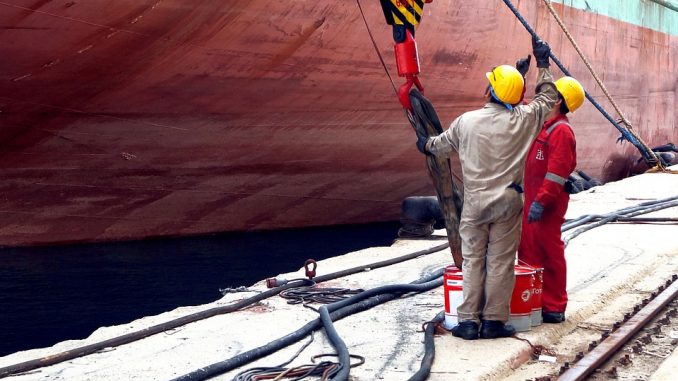
Every job has its risks but some are greater than others. There is no doubt that commercial seamen and fishermen have faced many more unpredictable risks including harsh weather conditions, long work hours, and clashing seas. That is why it is extremely important to keep the vessel properly maintained and to keep the seamen onboard safe under extreme circumstances. But sometimes, accidents happen.
The Jones Act of 1920 was passed to protect seamen injured or killed while working at sea and gave them the ability to obtain fair compensation for the negligence of the shipowner. Though the laws abiding seamen are somewhat complicated and the process of filing a claim can be difficult. Fortunately, our San Diego Jones Act benefits attorneys focus on getting the benefits you and your family need and deserve.
The Laws Governing Seamen and Commercial Fishermen Are Extremely Complicated. If You Are Injured Either at Sea, the Jones Act Entitles You To Benefits. Call Our San Diego Jones Act Attorneys for Help.
Commercial seamen and fishermen face sever unpredictable risks that make their jobs one of the most dangerous out there. Hundreds of accidents occur every year in the San Diego port. Because of harsh weather conditions, long and exhausting work hours, and high seas, it becomes especially important to keep the decks and the vessel maintained properly.
The Jones Act, also known as the Merchant Marine Act of 1920 was passed to protect seamen who are injured or killed while working on a vessel in navigable waters. Jones Act is a fault-based system, and you must prove negligence to get compensation under the Jones Act. The Jones Act also covers injuries caused due to an employer’s negligence and vessels that are unseaworthy. A vessel is unseaworthy if it is not properly built or maintained, thereby creating an unsafe working environment for the crew. Employers may also be negligent, or careless, for failing to provide reasonably safe working conditions for their crewmembers.
Who is covered?
To qualify for Jones Act benefits, a seaman must:
- Work at sea more or less permanently – spent at least 30% of the time on a vessel at the time the injury occurred. This is the definition the court will look at.
- Be assigned to a vessel or fleet of vessels (i.e. cargo boats, tug boats, crew boats, drilling ships, transportation vessels, and supply boats) Other vessels may also fall under this category, depending on what the vessel is used for. ·
- Work on a vessel that is still in navigation. ‘In navigation’ means that a vessel is still capable of moving about with a few modifications.
What benefits does the Jones Act cover?
Under the Jones Act, the injured seaman is eligible for financial compensation for a variety of damages, including “maintenance” and “cure.”
The Jones Act covers:
- Maintenance: Living expenses while off work due to injury
- Cure: Medical treatment, medications, and rehabilitation
- Vocational training for a new job if an injury prevents the seaman from returning to the previous job
What Should I Do If I am Injured?
- Notify your employer immediately and seek medical assistance for your injury.
- Give written notice of your injury or death to your employer within 30 days of the accident.
- File a written claim for compensation within one year after the date of injury.
A claim for survivor benefits must be filed within one year after the date of death. The time for filing claims in certain occupational disease cases has been extended to two years
It is important to act quickly; otherwise, you may lose your chance to get the compensation you deserve.
Follow us!